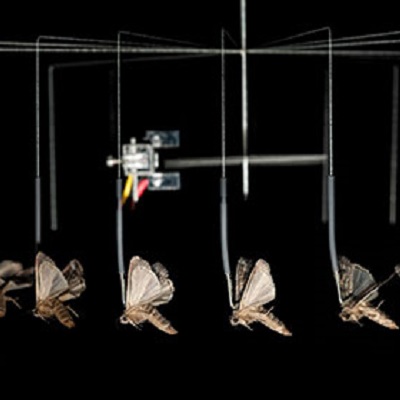Interactions between migration and disease in an invasive crop pest

Many insect pests have the ability to migrate vast distances in remarkably short periods of time. This has significant implications with regards to their geographical spread and the transmission of the diseases they carry. There is a complex interaction between insect migration and disease, with evidence that the latter is capable of either promoting or suppressing migration potential. Understanding this interaction is experimentally challenging yet particularly important in pests that have recently invaded new territories and with which new migration routes may evolve.
This project will combine experimental approaches in insect behaviour, viral assays and molecular biology to understand the interaction between migration and disease in a major insect crop pest. The work will focus on the cotton bollworm moth, Helicoverpa armigera, one of the most damaging and invasive insect pests of agriculture worldwide. Over the past few years, H. armigera has spread throughout the Americas since its detection in Brazil in 2013. Working with collaborators in Brazil the student will perform entomological field collections and conduct a series of tethered flight mill assays to determine the migratory potential of Brazilian H. armigera with and without exposure to sub-lethal doses of baculovirus.
Using quantitative PCR assays the expression of candidate genes for long-distance flight and immune pathways will be screened to determine the impact of infection on flight performance and immunity at the molecular level. This project provides an excellent opportunity to apply a wide range of inter-disciplinary skills to understanding the interaction between migration and disease.
The results from the study will not only inform other insect-disease models but also contribute to the development of potential biocontrol strategies for H. armigera. The student will receive practical training in insect behavioural assays, virus bioassays and molecular biology as well as entomological field collections in Brazil with an international collaborator.
Applicants should hold a minimum of a UK Honours Degree at 2:1 level or equivalent in Biology or related subject.
For further details please email Prof. Ken Wilson (ken.wilson@lancaster.ac.uk).
